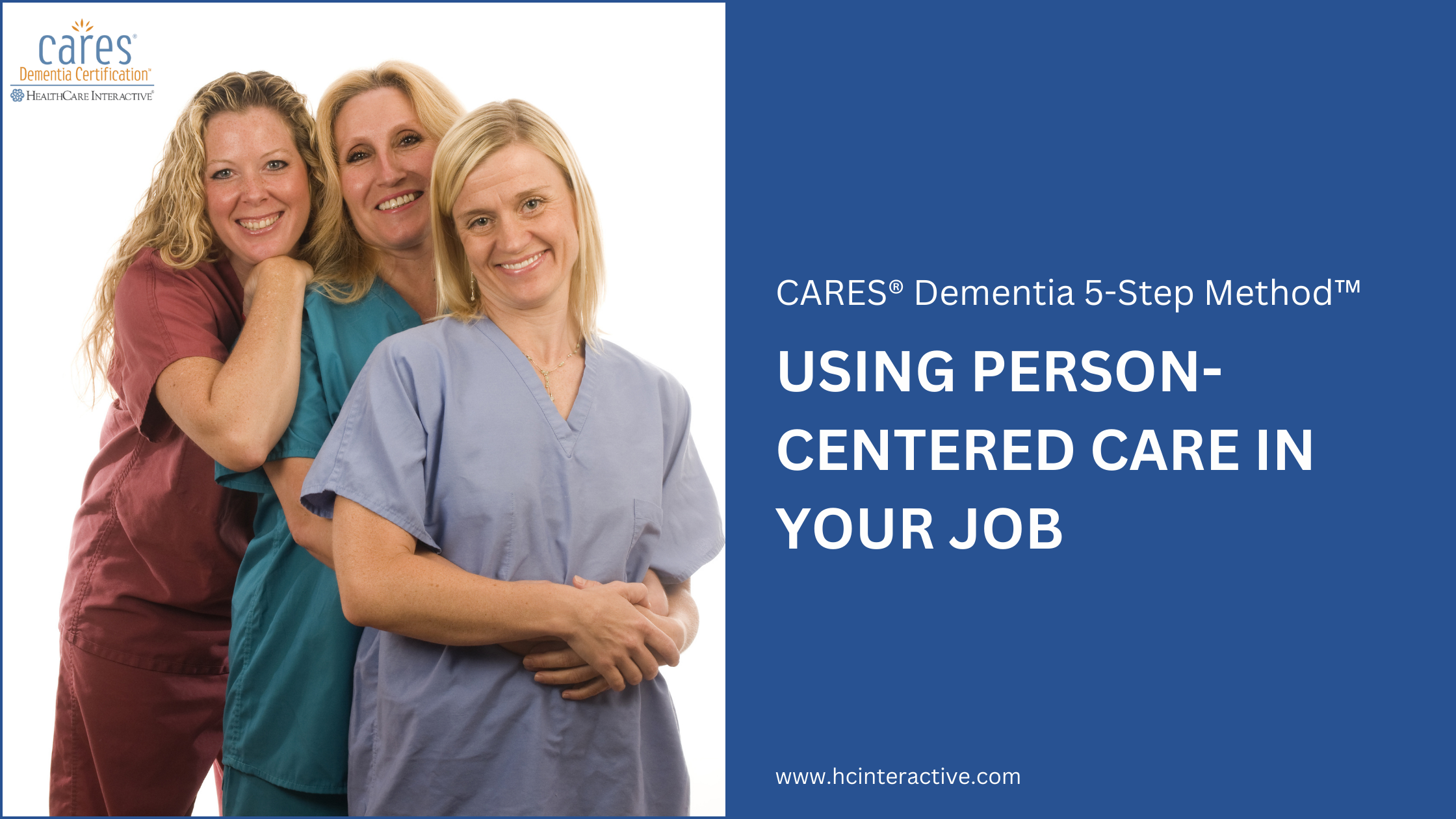To provide the best possible care for someone living with dementia, it’s very important to get to know them. Often, the best way to do this is to just speak directly with the person instead of focusing on just the care you are providing. For example, where did they grow up? What did they enjoy doing on weekends? Did they have siblings, a pet, or a favorite sports team? If the person can’t tell you, try showing them photographs to start a conversation.
You can also talk to a person’s family and friends to learn more about their life story. What were the person’s likes and dislikes? What did they do before they showed signs of dementia? Did they like to garden? Did they like to knit? When you get to know someone, you begin to understand what things can make them happy or upset. You also respect who they are as a person. You learn to care for and communicate with them in a way that works best for them and builds trust.
Getting to Know the Person Living with Dementia
Each person you care for is unique. Get to know them. Really try to learn something about the person, their life experiences, and what they need to be happy. This will make their time with you more meaningful.
Would you like to try our award-winning CARES® Dementia 5-Step Method Online Training for Free and learn how you and your staff can improve the quality of care for people living with dementia?
Visit www.hcinteractive.com/5StepDemo for free access!


